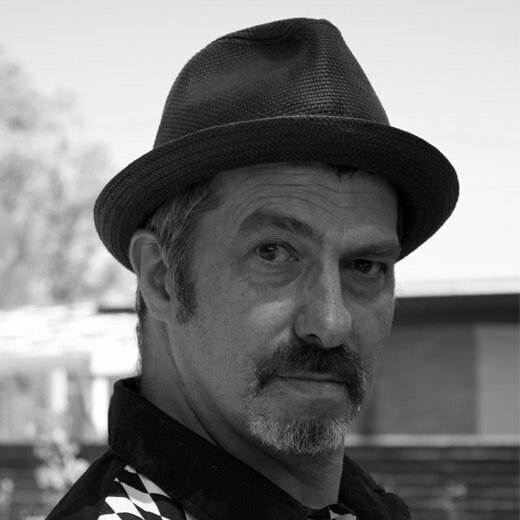Last updated March 13, 2018 at 5:40 pm
Survival rates cast doubt on some medical interventions.
Credit: iStock
People are significantly less likely to die from a heart attack if the local hospital cardiologist is away at a meeting at the time. That’s the counter-intuitive finding from research conducted by Anupam Jena of the Harvard Medical School and published in the Journal of the American Heart Association.
To reach his conclusion, Jena looked at the 30-day survival rates for heart attack patients who were treated without the use of stents.
In normal circumstances this sort of minimally invasive strategy, where the heart is accessed through a blood vessel in the groin or arm rather than by open-heart surgery, is conducted by a specialist known as an interventional cardiologist.
The research looked at survival rates for heart attack patients who were admitted to hospitals on the dates of an annual event called Transcatheter Cardiovascular Therapeutics, the world’s largest gathering for interventional cardiologists, and compared them to survival rates for patients admitted on other days.
For patients admitted on non-meeting days, an average of 16.9 per cent died within 30 days. For those who went in when the cardiologists were away at the convention, the percentage dipped to 15.3.
The results were in line with a broader analysis Jena conducted in 2015, comparing survival rates for patients with acute heart conditions such as cardiac arrest on the dates of two other national conventions held by the American Heart Association and the American College of Cardiology.
He had expected to find either no difference in rates on meeting dates compared to other times, because sufficient numbers of skilled medicos were still available, or perhaps a slight increase in deaths.
Instead, he discovered that survival rates were significantly higher.
“Many medical interventions deliver no mortality benefit, and the fact that mortality actually falls for heart attack patients during these conference dates raises important questions about how care might differ during these periods,” he says.
He suggests that the better results for cardiac patients treated while cardiologists are absent might be because the physicians left behind have a more generalist approach. In particular, because they are unlikely to be specialists, they may be more mindful of the need to treat other conditions, such as infectious diseases, that may impact the overall health of heart patients.
“If doctors focus their attention on a particular kind of procedure, they might not develop other clinical skills that are as important to influencing outcomes as is knowledge of a specific procedure,” he explains.
“Treating a cardiac patient isn’t just about cardiac issues – it’s about other factors that the patient brings to the hospital.”
The new study marks the second time in as many weeks that Jena’s work has made headlines.
Another paper, published last week, showed rather dramatically that the number of people admitted to US hospitals for the treatment of gunshot wounds falls by 20% on the three days each year that the National Rifle Association (NRA) holds its annual convention.
Follow us on Facebook, Twitter and Instagram to get all the latest science.































































































































































































































































